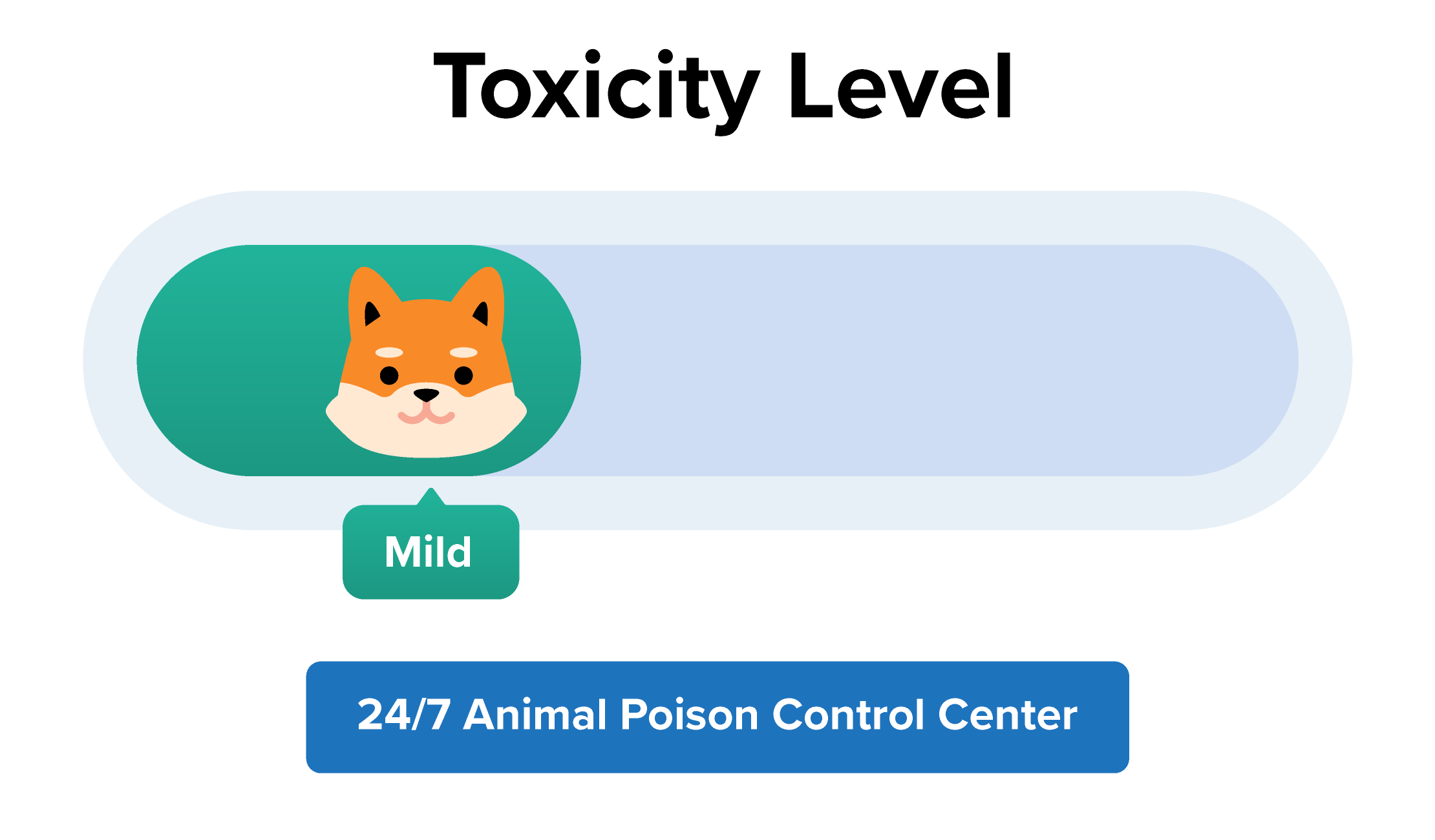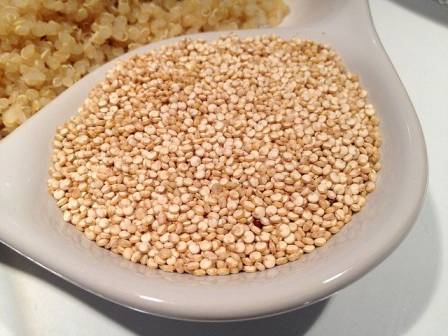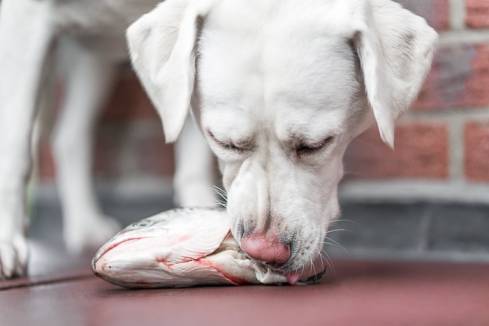Connect with a verified veterinarian in minutes. Licensed vets are available 24/7 to answer your questions. No need to worry about your furry family member.
Do you have some lovely crepe myrtle in your yard? Crepe myrtle is a favorite for many people who have adorned their yards and gardens with these plants. But what happens if a curious dog eats some crepe myrtle? Can crepe myrtle make a dog sick?
Has your dog eaten some crepe myrtle? Are you worried the crepe myrtle will make your dog sick? If so, you’ve come to the right place. We understand it can be scary when your dog eats something like this.
We’ve put together some information about crepe myrtle and whether they can make a dog sick. Let’s get started!
What is Crepe Myrtle?
Crepe myrtle can be shrubs or trees, which are very popular in the South. They have beautiful bark and show flowers in the summer. In the autumn, crepe myrtle has a beautiful, vibrant color you can’t miss!
The plants come in different sizes, from 2 ft shrubs to tall trees. They offer flowers in different colors, including white, shades of red, and purple. The plants also have berries.
Some varieties of crepe myrtles produce edible berries. Some use the berries, leaves, and branches of the crepe myrtle for medicinal purposes. For instance, crepe myrtle can be used to treat lunch infections, bladder conditions, diarrhea, heartburn, yeast infections, and more.
While crepe myrtle is a beautiful plant, can they make a dog sick?
Crepe Myrtle & Dogs
The good news is that crepe myrtle is not toxic to dogs! All parts of the plant are safe for dogs. So, if a dog picks up a myrtle stick to chew on, he should be OK. In addition, the berries, leaves, and roots of the plant are non-toxic to dogs.
However, it is possible that if a dog ate too many berries and/or leaves, he could develop diarrhea. This is because the dog’s digestive system isn’t made to process so much roughage.
So, if your dog has eaten a lot of crepe myrtle berries or other parts of the plant, then be sure to monitor him. If your fur baby develops diarrhea and/or vomiting, that lasts for over 12-24 hours, be sure to call the vet.
The problem is that continuous diarrhea and vomiting can lead to dehydration. The vet has medication that can help stop diarrhea and vomiting and IV fluids to help rehydrate your dog.
So, the good news is that crepe myrtle is not toxic to dogs! This is a safe plant to have in your yard!
Connect with a verified veterinarian in minutes. Licensed vets are available 24/7 to answer your questions. No need to worry about your furry family member.

Julie
Julie is a graduate of the University of North Carolina, Wilmington, where she studied Animal science. Though contrary to the opinion of her parents she was meant to study pharmacy, but she was in love with animals especially cats. Julie currently works in an animal research institute (NGO) in California and loves spending quality time with her little cat. She has the passion for making research about animals, how they survive, their way of life among others and publishes it. Julie is also happily married with two kids.
Review symptoms, medications & behavior to keep your pets healthy with a Vet Online in just minutes.
Ask a Vet Live Now





